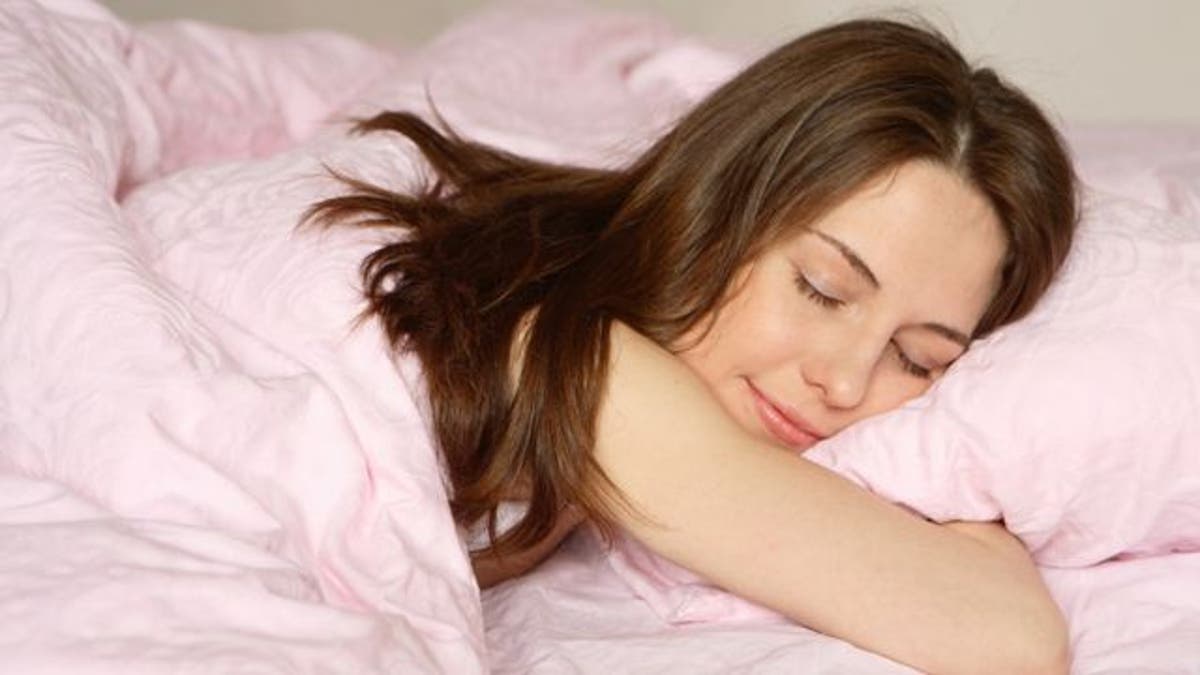
Medical experts agree: You need sleep to not die. But too little will impair your memory, hygiene, and ability to handle heavy machinery. Too much could lead to diabetes, obesity, and heart disease. So how can you get the right amount of z's? Follow our seven-night plan.
RELATED: How to Old-Proof Your Body (While You're Still Young)
Day 1: Learn that seven is the new eight
Since you were a kid, everyone from sleep experts to your mom has said you needed a solid eight hours of shut-eye. But a series of new studies is pushing that number down nearer to a slightly more practical-sounding seven. In fact, one study found that those who slept no more than seven hours a night had better cognitive performance than those who slept longer. On the first night of your sleep cleanse, say good-bye to that eighth hour by adjusting your alarm accordingly. Now use that extra hour to realize all your wildest dreams.
Day 2: Make your phone sleep on the couch
The single quickest fix to sleeping better is powering down your phone. There are two reasons for this: Its LCD display makes it harder for your brain to relax, and it's an interactive technology that demands your input while subtly reminding you of all the stuff you forgot to do. If you can't turn it off (because you're human), leave it out of arm's reach, where you'll grab it only when the alarm goes off.
RELATED: 5 New Rules of Fall Layering
Day 3: Go toward the right light
Human beings have been around for hundreds of thousands of years, but lightbulbs have joined us only in the past one hundred or so. We're all still adjusting to the effects of harsh light on sleep. One odd fact researchers have found is that colors actually matter: Blue light— the kind thrown off by that phone, TV, and fluorescent bulbs— suppresses production of the sleep-regulating hormone melatonin, while low red light keeps us relatively chill. So if you need help finding the bathroom for that 4 A.M. pee, consider investing in— no, really— a red night-light.
RELATED: Hottest Women of the 21st Century
Day 4: No squat thrusts after dark
Do them in the morning instead. A 2011 Appalachian State University study found that people who exercised in the morning got more dependable z's than those who saved their workouts until midday or the evening. Subjects who exercised at 7 A.M. also saw a 10 percent reduction in blood pressure during the day and a 25 percent reduction at night— which makes us sleep a little easier.
RELATED: 9 Things Every Man Should Have in His Pockets
Day 5: Kill your alarm clock
In an ideal world, you would wake and sleep to the natural rising and setting of the sun. Unfortunately, we all depend on horrible, shrill alarm clocks. Don't make it worse by hitting snooze, which jerks around with your body's rhythms.
Day 6: Have sex
It releases a number of biochemicals— including prolactin, oxytocin, and vasopressin— that make you tired. But you know this from experience.
RELATED: 12 New Rules of Healthy Eating
Day 7: Don't rest on Sunday
Maintain your sleep pattern on weekends. Sure, you'll want to sleep in until noon, but that'll monkey with your cycle. Sleeping better is all about consistency, so everything you've been doing this week should follow you into the next one. Before long, you'll be feeling on Monday morning like you do on Friday night.
RELATED: Can Lifting Weights Improve Your Memory?







































